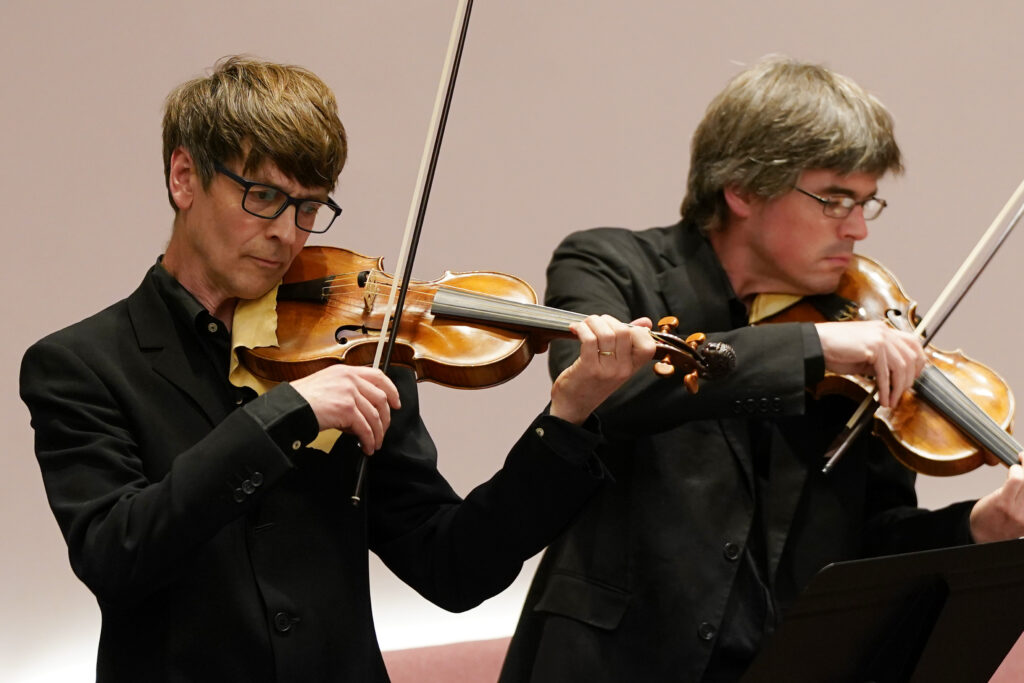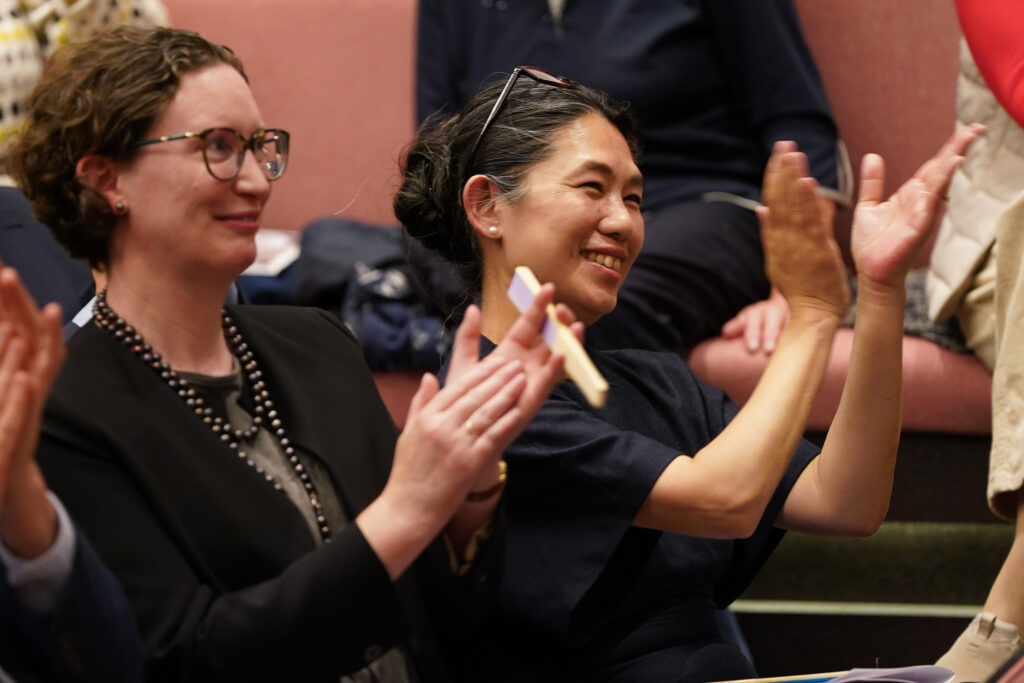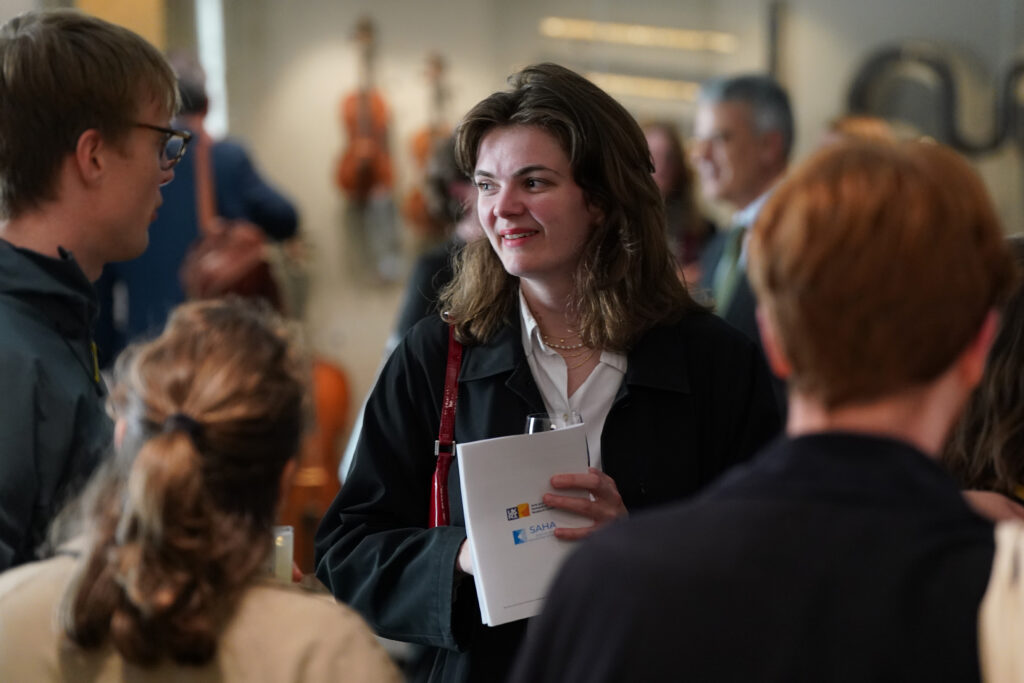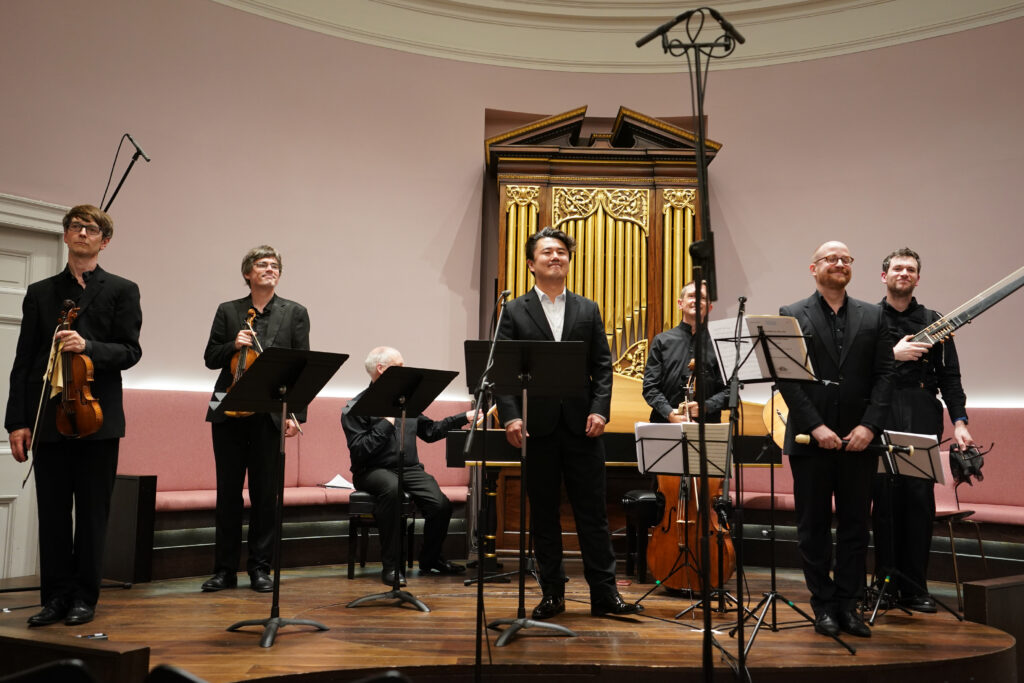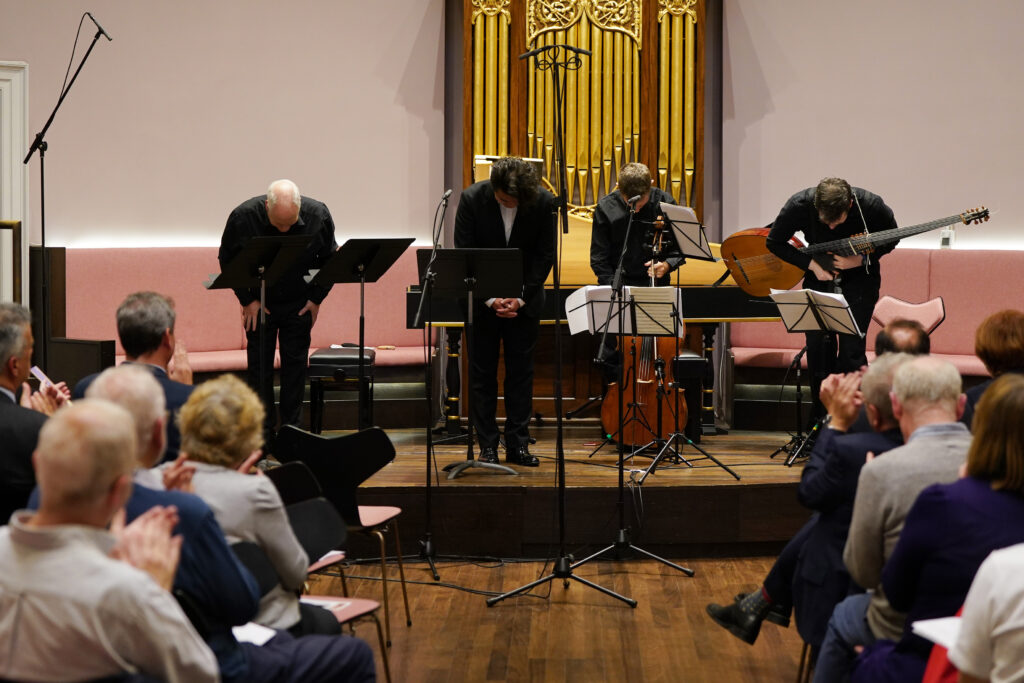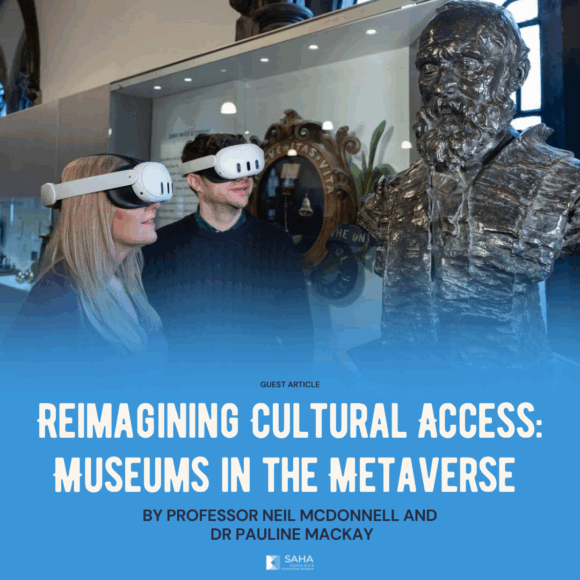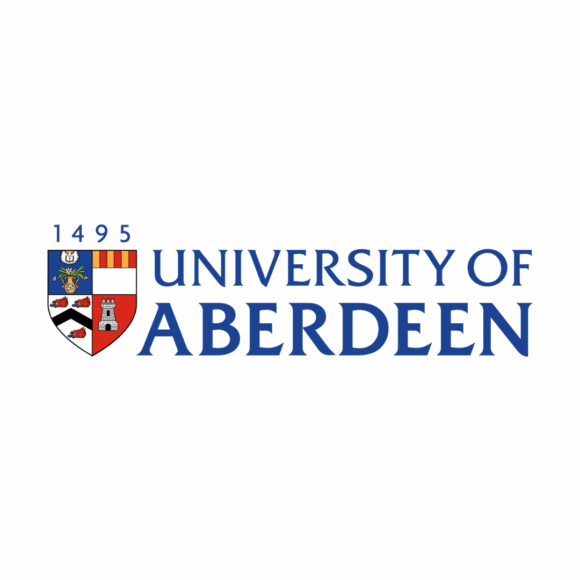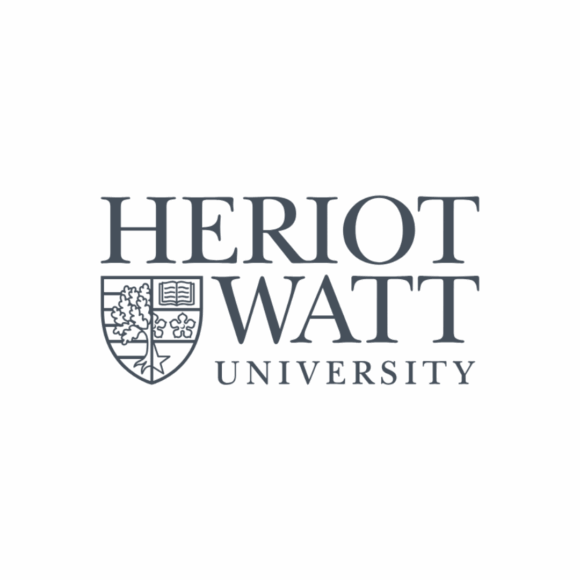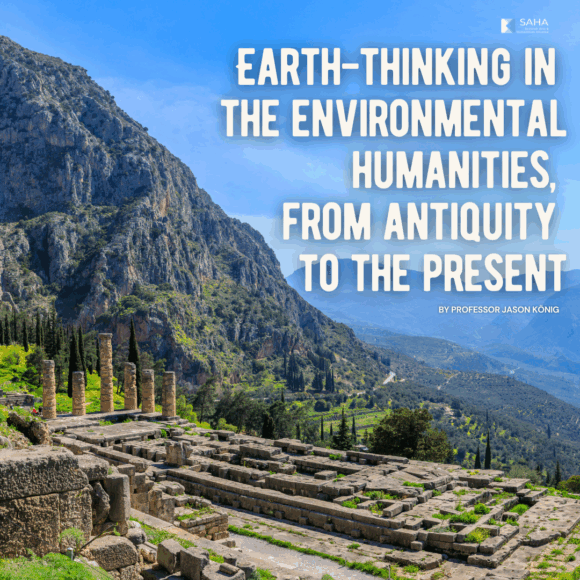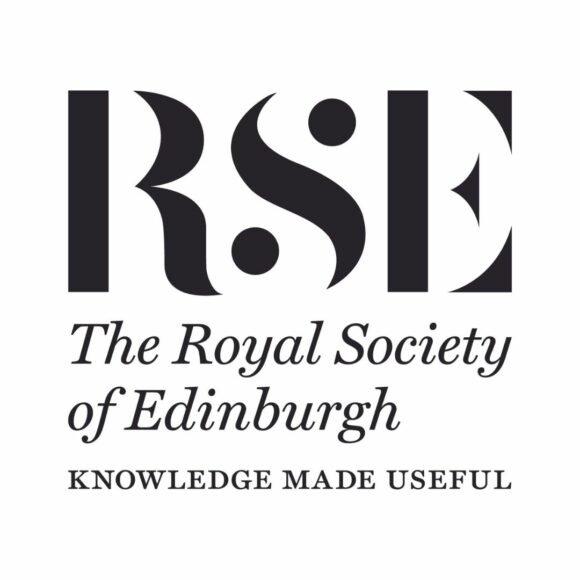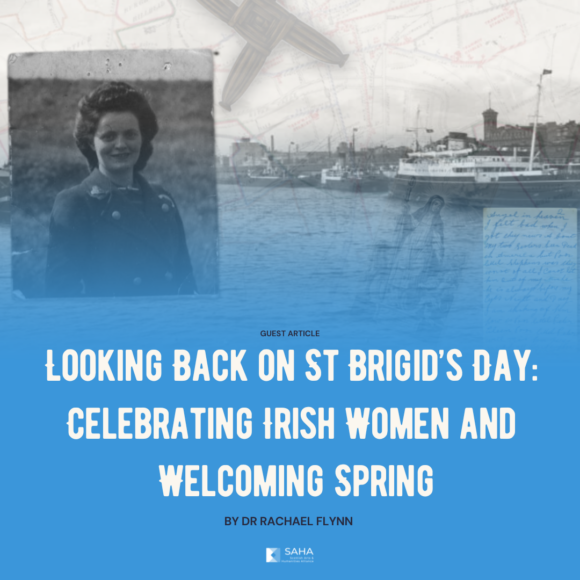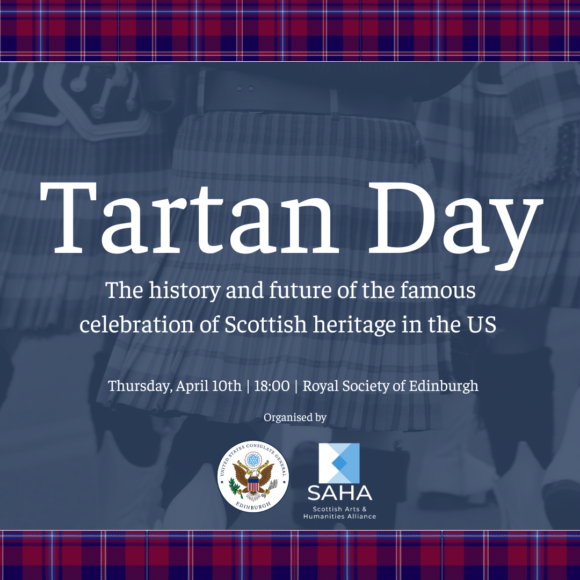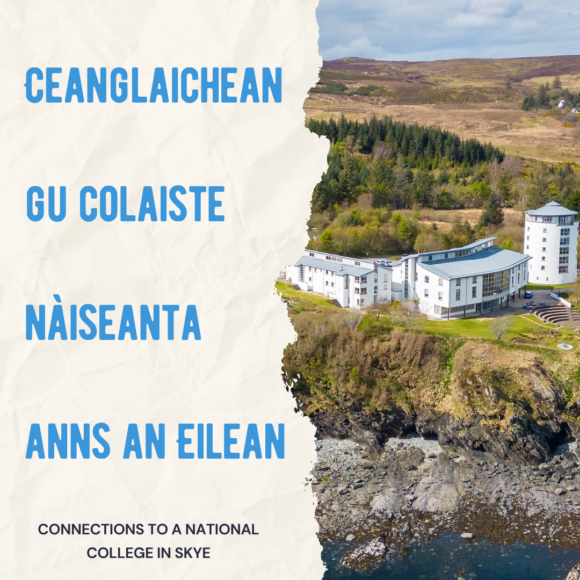On September 3rd, the Scottish Arts and Humanities Alliance (SAHA) and the Arts and Humanities Research Council (AHRC) hosted a wonderful evening of baroque delights led by countertenor Meili Li and Dunedin Consort.
The event took place in St Cecilia’s Hall, the oldest purpose-built concert hall in Scotland and the second oldest (after Oxford’s Holywell Room) in the British Isles. The hall dates from 1763 and originally consisted of the Concert Room, the Laigh (“Lower”) Room, and the Foyer.
Today St Cecilia’s Hall continues to host wonderful concerts and is also home to University of Edinburgh’s collection of historic musical instruments, which ranks among the world’s most important collections of musical heritage, and has official Recognised Collection of National Significance to Scotland status.
Fresh from performing Vivaldi at the Royal Opera House in London, countertenor Meili Li joined Professor John Butt MAE FBA FRSE (Director & harpsichord), László Rózsa (Recorder), Matthew Truscott (Violin I), Huw Daniel (Violin II), Alex McCartney (Theorbo) and Jonathan Manson (Cello) in an unforgettable performance.
Meili Li is the first countertenor originally from China to have an international career. He is the winner of the Farinelli Prize (2016) and 2nd Prize (2022) at the London Handel Festival Singing Competition. He is also a resident artist with the Royal Shakespeare Company and is generously funded by the Arts and Humanities Research Council’s CounterTenor project.
His career takes him to opera houses and festivals around the world, including Royal Opera House, Opéra Royal de Versailles, Hamburg State Opera, Irish National Opera, Nouvel Opéra Fribourg, Bavarian State Opera, Theater an der Wien, Victorian Opera Melbourne, London Handel Festival, and Beijing Music Festival. Recent and upcoming concerts include venues such as Carnegie Hall, Barbican, 11 Downing Street State Room, Paris Salle Gaveau, Concertgebouw, and Tchaikovsky Concert Hall.
Dunedin Consort is one of the world’s leading Baroque ensembles, recognised for its vivid and insightful performances and recordings. Formed in 1995 and named after Din Eidyn, the ancient Celtic name for Edinburgh Castle, Dunedin Consort’s ambition is to allow listeners to hear early music afresh, and to couple an inquisitive approach to historical performance with a commitment to commissioning and performing new music. Under the direction of Professor John Butt MAE FBA FRSE the ensemble has earned two coveted Gramophone Awards – for the 2007 recording of Handel’s Messiah and the 2014 recording of Mozart’s Requiem, a BBC Music Magazine Award, and a Grammy nomination. In 2021 it was the recipient of the Royal Philharmonic Society Ensemble Award. Dunedin Consort is an enthusiastic champion and commissioner of contemporary music, and in recent years has premiered a new set of orchestral dances at the BBC Proms, a new opera by Errollyn Wallen at the Barbican Centre, and new choral music for its a cappella consort.
The event was sponsored and organised by the Arts and Humanities Research Council and the Scottish Arts and Humanities Alliance, and it was part of Curious, the Royal Society of Edinburgh’s Festival of Knowledge.


